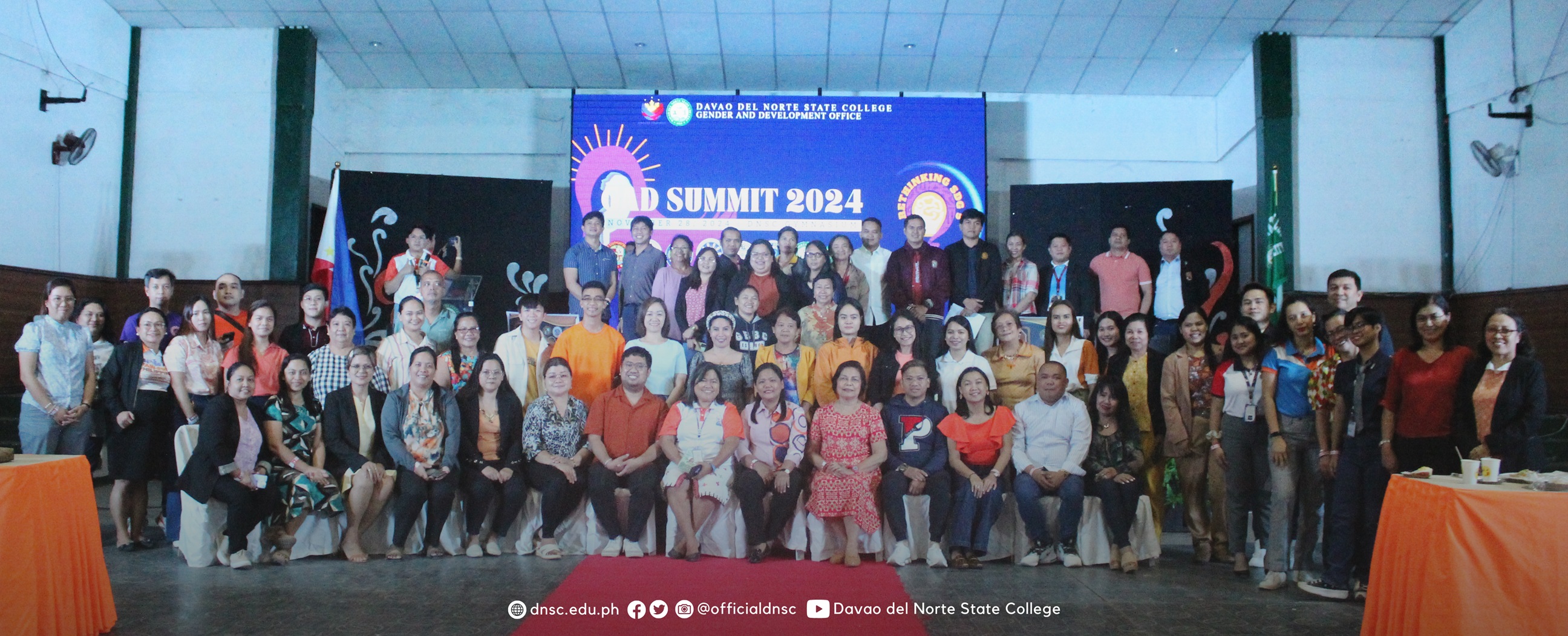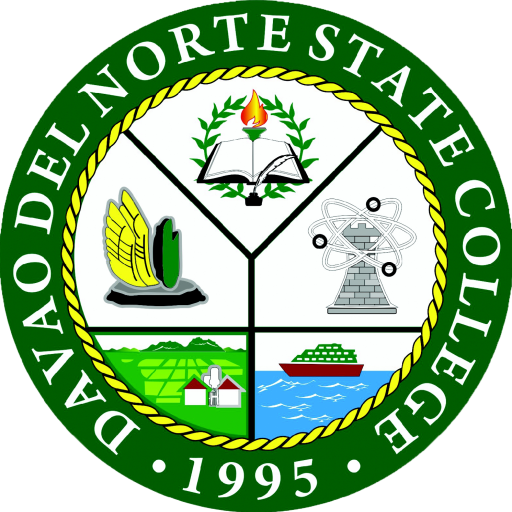
PANABO CITY – The Gender and Development (GAD) Summit 2024, hosted by Davao del Norte State College (DNSC) on November 28, 2024, brought together 106 GAD personnel, focal system members, and advocates from over 50 institutions in the region. Held at the DNSC Gymnasium, the event saw participants dressed in orange to show solidarity with the 18-day Campaign to End Violence Against Women (VAW).
In her keynote address, Dr. Joy M. Sorrosa underscored the critical need for collaboration between public and private institutions to study and implement best practices in GAD. Sr. Maria Marissa Viri, RVM, president of the University of the Immaculate Conception, opened the presentations with a discussion on Sustainable Development Goal (SDG) 5, which focuses on gender equality. She explored trends in women’s progress, highlighting metrics such as higher education enrollment and faculty representation. Sr. Viri also emphasized the role of government initiatives in fostering female leadership in academia, while stressing the importance of research to address contextualized gender gaps in specific programs and institutions.
A key highlight of the summit was the session on Empowering Women and Indigenous Peoples in Subnational Settings, delivered by Maria Easterluna S. Canoy, Executive Director of Kitanglad Integrated Non-Government Organizations. Drawing from her research within Indigenous Peoples (IP) communities in Mount Kitanglad Range, she challenged stereotypes surrounding Indigenous rituals and cultural practices. Canoy emphasized that Indigenous communities prioritize collective well-being over gender segregation and underscored their knowledge systems as vital resources for understanding modern societal structures. She asserted that Indigenous participants are not merely storytellers but custodians of profound wisdom.
In the afternoon session, Dr. Evelyn C. Ecle of the Commission on Higher Education (CHED) Region XI presented findings from the study, “From Policy to Practice: Challenges and Best Practices of Gender and Development in Higher Education”, co-authored by Dr. Maricar R. Casquejo, Dr. Jhoniel Villegas, and Dr. Randy Tudy. The research identified four key challenges to GAD implementation: entrenched societal mindsets, resistance to advocacy efforts, systemic barriers, and historical controversies. Conversely, the study highlighted five best practices: fostering collaboration, prioritizing continuous learning and resource development, implementing strategic planning, enhancing team composition and leadership, and promoting research and innovation.
The summit also featured an orientation on the Gender-Responsive and Gender-Fair Checklist for assessing instructional materials in higher education. Additionally, the Regional Gender Advocates’ Network (RGAN) XI presented its Constitution, by-laws, and recent accomplishments. The event was organized by the DNSC Gender and Development Office, headed by Prof. Sadie Law-ay.

